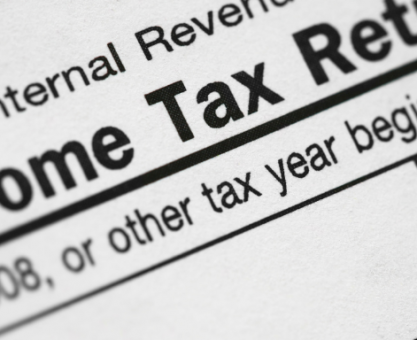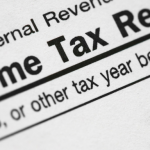Executive Summary
-
Global regulatory shifts in crypto tax compliance are reshaping how investors and businesses manage their digital assets.
-
Understanding these changes is crucial for maintaining compliance and optimizing tax strategies.
-
Key jurisdictions like the US, EU, and Asia are leading the charge with specific frameworks and guidelines.
-
Non-compliance can lead to hefty penalties, making it essential for stakeholders to stay informed.
-
Expert insights and tools can assist in navigating these regulatory landscapes efficiently.
Introduction
Cryptocurrency has revolutionized the financial industry with its decentralized nature and innovative technology. However, as digital currencies have grown in popularity, so too have the complexities of tax compliance. Investors and businesses face a rapidly changing regulatory environment across the globe. Understanding these global regulatory changes is essential not just for compliance, but also for strategic financial planning. This article delves into the latest developments in crypto tax compliance, offering insights and practical advice for navigating these challenges.
Definitions / Context
Cryptocurrency tax compliance refers to the adherence to tax laws and regulations applicable to digital currencies. This involves reporting gains, losses, and transactions involving cryptocurrencies like Bitcoin, Ethereum, and others. Regulatory changes are being implemented globally as governments seek to regulate this evolving asset class with clearer tax obligations.
Benefits / Pros
-
Clarity and Structure: Updated regulations provide clearer guidelines for tax reporting, reducing ambiguity for investors.
-
Enhanced Security: Compliance frameworks often come with improved security measures, protecting investors’ assets from fraud.
-
International Cooperation: Harmonization of regulations across borders facilitates smoother international transactions and investments.
Risks / Cons / Challenges
-
Complexity and Variation: Different countries have varying regulations, making it challenging for global investors to remain compliant.
-
Increased Scrutiny: Governments are enhancing surveillance on crypto transactions, leading to potential privacy concerns.
-
Compliance Costs: Adhering to new regulations can be costly, requiring investments in specialized tax advisory services and software.
Step-by-Step Process
-
Understand Local Laws: Familiarize yourself with the crypto tax regulations in your jurisdiction.
-
Keep Detailed Records: Maintain comprehensive records of all transactions, including dates, amounts, and counterparties.
-
Use Reliable Software: Employ cryptocurrency tax software to automate calculations and ensure accuracy.
-
Consult Experts: Engage with a tax advisor specializing in cryptocurrency to navigate complex regulations.
-
File Timely Reports: Ensure that all necessary tax filings are submitted by the deadlines to avoid penalties.
Consider a US-based crypto investor who expanded into European markets. By leveraging expert advice and using advanced tax software, the investor successfully navigated diverse regulatory landscapes, ensuring compliance while optimizing tax liabilities.
Case Study: Cross-Border Crypto Compliance
Expert Tips / Strategic Insights
-
Stay Updated: Regularly check for updates from tax authorities and industry news to stay informed about new regulatory changes.
-
Utilize Professional Services: Partner with firms that specialize in crypto tax compliance to streamline processes.
-
Plan Strategically: Incorporate tax planning into your overall investment strategy to maximize returns and minimize liabilities.
Tools / Resources / Calculators
-
Koinly: A cryptocurrency tax calculator and reporting platform.
-
CryptoTrader.Tax: Provides insights and tools for tax reporting and optimization.
-
IRS Cryptocurrency FAQ: Official guidelines on cryptocurrency taxation in the US.
Conclusion
As regulatory landscapes continue to evolve, understanding global changes in crypto tax compliance is imperative for investors and businesses. Staying informed and prepared can help mitigate risks and optimize financial outcomes. For those navigating these waters, enlisting expert advice and utilizing specialized tools can make a significant difference in achieving compliance and strategic financial growth.

















